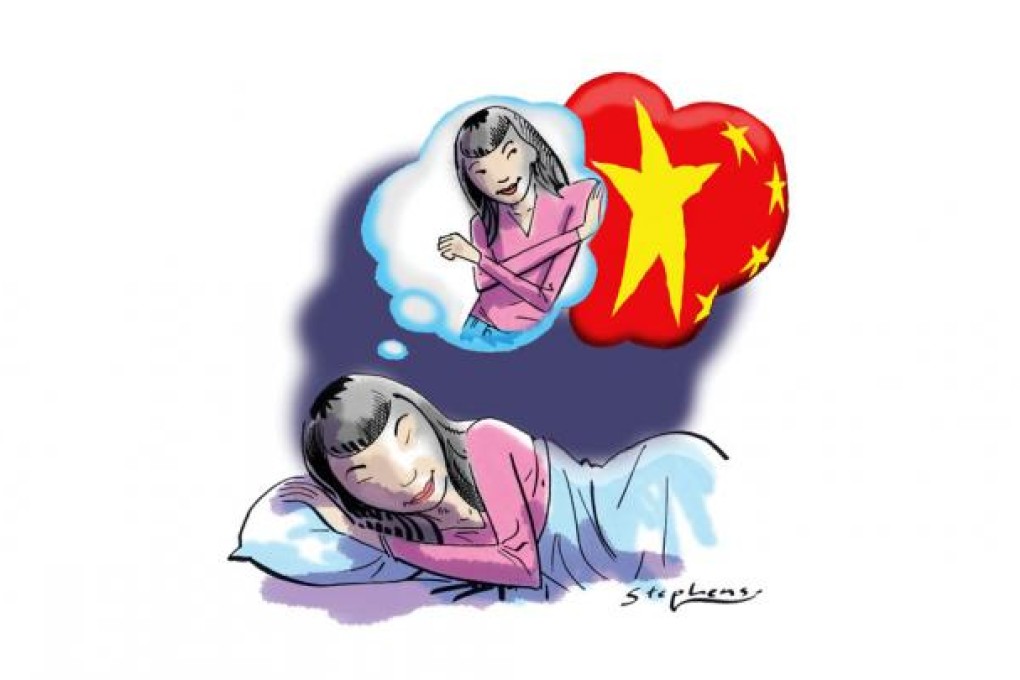The missing Chinese in the Chinese dream
John Gong says while the 'Chinese dream' of national revival is well and good, it must make space for the aspirations of its citizens, and that means fostering a society where all can thrive

Following the conclusion of the 18th national congress of the Communist Party, general secretary Xi Jinping toured the southern city of Shenzhen, reminiscent of Deng Xiaoping's famous southern tour exactly 20 years ago, which ushered in an unprecedented period of growth and prosperity in China's modern history.
During a tour to a museum exhibition there titled "The Road to Revival", Xi first introduced the phrase "Chinese dream". In his speech, Xi defined the Chinese dream as one of "achieving the great revival of the Chinese nation". Xinhua later echoed this with an editorial saying that the method of realising this dream should be fuelled mostly by the reform and opening-up policy.
On hearing this, I thought immediately of the famed American dream. Let's explore a bit what that dream is.
To the Mayflower pilgrims, the American dream started with the voyage to a new world across the sea, where they could escape from religious persecution. This spirit is formalised in the Declaration of Independence about 1-1/2 centuries later, which proclaims all men to be equal and endowed with certain inalienable rights, including life, liberty and the pursuit of happiness.
Historian James Truslow Adams popularised the phrase "American dream" in his 1931 book, The Epic of America. He wrote: "It is not a dream of motor cars and high wages merely, but a dream of social order in which each man and each woman shall be able to attain to the fullest stature of which they are innately capable, and be recognised by others for what they are, regardless of the fortuitous circumstances of birth or position."
Martin Luther King Jnr wove it into the civil rights movement in his celebrated "I have a dream" speech, in which he famously said: "I have a dream that my four little children will one day live in a nation where they will not be judged by the colour of their skin but by the content of their character."
It is clear that the American dream is a very personal matter, in a way that the Chinese dream, as it is now defined, is not. It should be. The Chinese dream should be fundamentally about you and me, we ordinary citizens, working hard to pursue a better life with the belief that if we do work hard, we can all make it.